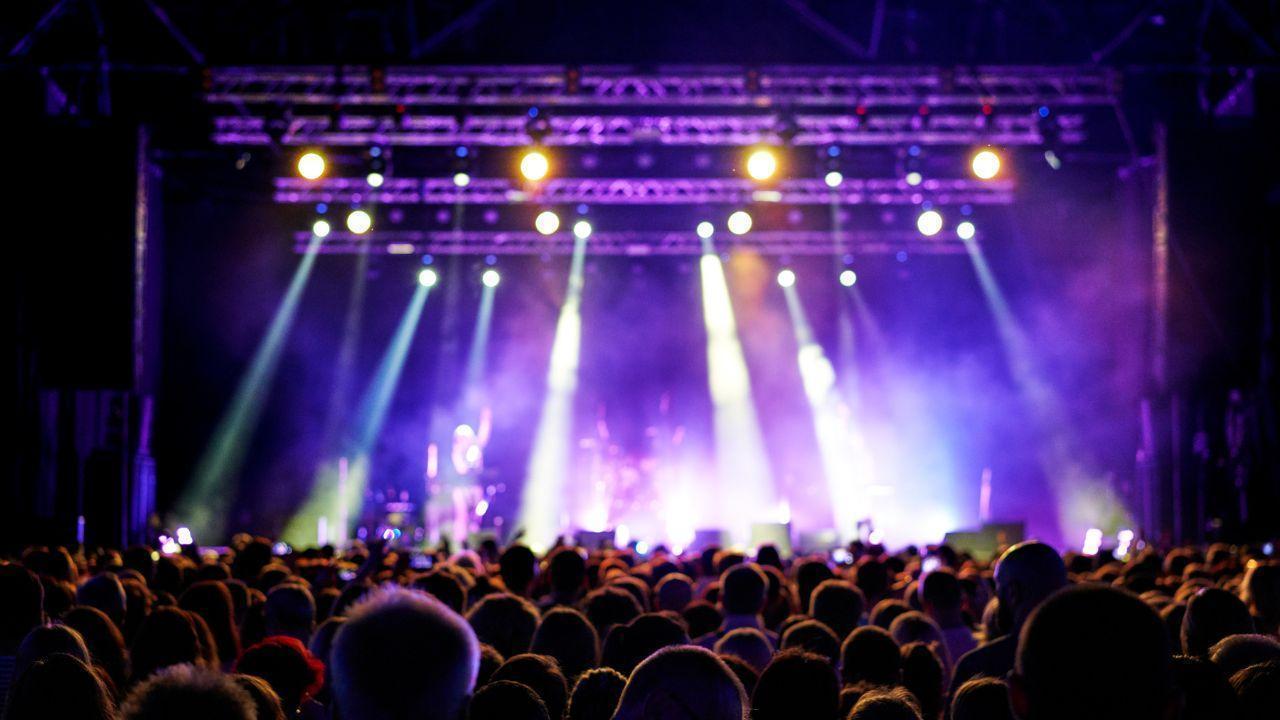
Post by : Zayd Kamal
The Economics of Virtual Concerts: A New Revenue Model for Artists
In the past, live concerts were all about the energy of the crowd, the atmosphere of the venue, and the shared experience between artist and fan. But as technology evolves, the entertainment industry has witnessed a massive shift in how music lovers experience live performances. How virtual concerts are changing live entertainment in the digital age is a question that’s capturing the attention of both artists and fans alike. With advancements in streaming technology, immersive VR experiences, and the growing demand for accessible online content, virtual concerts are now reshaping the way we engage with live music.
The Rise of Virtual Concerts
Before the pandemic, virtual concerts were seen as a niche market—primarily used for smaller performances or special events. However, as the world faced lockdowns, artists were forced to pivot. With in-person events cancelled and social distancing measures in place, virtual concerts quickly became the solution. Platforms like YouTube, Twitch, and Instagram Live allowed performers to reach their audiences in real-time, while social media provided a unique space for fans to engage with their favorite artists.
The success of these early virtual performances demonstrated the power of digital concerts. It showed that the experience of being “at” a concert could still be powerful, even without a physical crowd. With concerts becoming more digital, the question became: How will virtual concerts change live entertainment in the future?
The Technology Behind Virtual Concerts
The technology driving virtual concerts changing live entertainment is evolving quickly. From simple live streams to fully immersive experiences, the possibilities are endless. Streaming platforms, augmented reality (AR), and virtual reality (VR) are leading the charge in bringing virtual concerts to life.
One of the most significant advancements is in VR concerts. Artists can now perform in virtual environments that are as immersive as attending a live show. Fans, using VR headsets, can experience the concert as if they were standing right in front of the stage. These virtual worlds can be highly interactive, allowing fans to move around, view performances from different angles, or even interact with other fans during the show.
Another important aspect is 360-degree live streaming. This technology allows viewers to experience a concert from any viewpoint, whether on stage with the band or in the middle of the crowd. It’s a level of interactivity and immersion that wasn’t possible before, and it’s making virtual concerts changing live entertainment more engaging than ever.
Accessibility and Global Reach
One of the biggest advantages of virtual concerts changing live entertainment is accessibility. In the past, if an artist performed in another country or on a different continent, many fans couldn’t attend due to geographic limitations, time zones, or ticket costs. Virtual concerts have eliminated these barriers. Now, people from all over the world can tune into performances at any time.
This global reach has allowed artists to grow their fanbases exponentially. They can perform for thousands, if not millions, of fans without ever leaving their homes or studios. Virtual concerts have also made it possible for fans with physical disabilities or mobility challenges to enjoy performances they might have otherwise missed. The digital space allows people of all backgrounds to enjoy music in a more inclusive way.
The Economics of Virtual Concerts
The rise of virtual concerts changing live entertainment has had a significant impact on the economics of the music industry. Traditionally, artists made a large portion of their income from ticket sales and merchandise at live events. However, virtual concerts offer a new revenue model, with artists now able to generate income from digital tickets, premium access features, and virtual meet-and-greets.
Platforms like Twitch and YouTube have enabled artists to monetize their streams through donations, subscriptions, and even live product sales. Fans can purchase exclusive digital content, such as backstage passes, limited-edition merchandise, or access to private virtual performances. Additionally, the cost of hosting a virtual concert is significantly lower than organizing a traditional live show. This means that artists, especially those who might not have the resources to tour globally, can still connect with fans and earn revenue.
The Fan Experience in the Digital Age
While nothing compares to the atmosphere of a live concert, how virtual concerts are changing live entertainment is offering fans a completely different way to experience music. The digital nature of these performances allows for greater interaction with the artist and the audience. During virtual concerts, fans can send messages, ask questions, and share their thoughts with other concertgoers. Social media integration allows for real-time interactions that make fans feel closer to the experience, even if they’re watching from their living room.
Furthermore, virtual concerts often offer on-demand replays, giving fans the opportunity to watch their favorite performances again and again. For fans who may not be able to watch a concert live, this option opens up new possibilities for engagement.
The Future of Virtual Concerts
Looking ahead, it’s clear that virtual concerts are changing live entertainment in profound ways. While live shows will likely return post-pandemic, the digital concert scene is here to stay. Artists are continuing to experiment with new technologies, creating hybrid shows that combine live performances with virtual elements, bringing together physical and digital fans in one immersive experience.
As virtual concerts evolve, we may see even more groundbreaking developments. The integration of AI, blockchain technology for digital ticketing, and enhanced fan interaction are all possibilities that could shape the future of live entertainment.
Disclaimer:
The information presented in this article is for general informational purposes only. dxb news network does not offer any professional advice related to music, entertainment, or virtual performances. Readers should seek expert consultation for any specific advice regarding virtual concerts or live entertainment. While we strive for accuracy, dxb news network makes no guarantees regarding the completeness, reliability, or suitability of the information provided. Use the content at your own discretion and risk.
#trending #latest #VirtualConcerts #LiveEntertainment #DigitalConcerts #MusicInnovation #FutureOfMusic #OnlineConcerts #StreamingLive #TechInEntertainment #VirtualRealityMusic #DigitalStage #breakingnews #worldnews #headlines #topstories #globalUpdate #dxbnewsnetwork #dxbnews #dxbdnn #dxbnewsnetworkdnn #bestnewschanneldubai #bestnewschannelUAE #bestnewschannelabudhabi #bestnewschannelajman #bestnewschannelofdubai #popularnewschanneldubai
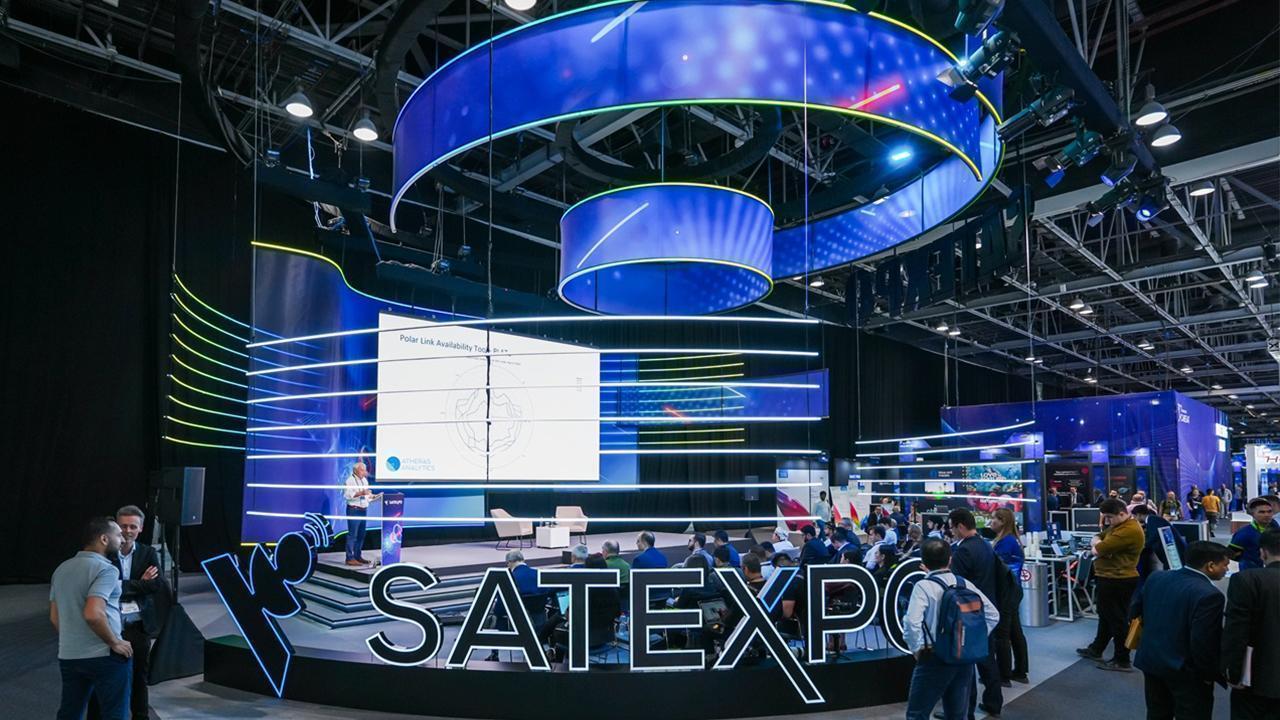
SATExpo Middle East 2025 debuts in Dubai, uniting global space leaders to explore innovations in satellite tech, AI, and the new space economy... Read More

A couple married for 46 years chose to end their lives together in a 'suicide pod' after the wife was diagnosed with a terminal illness.... Read More


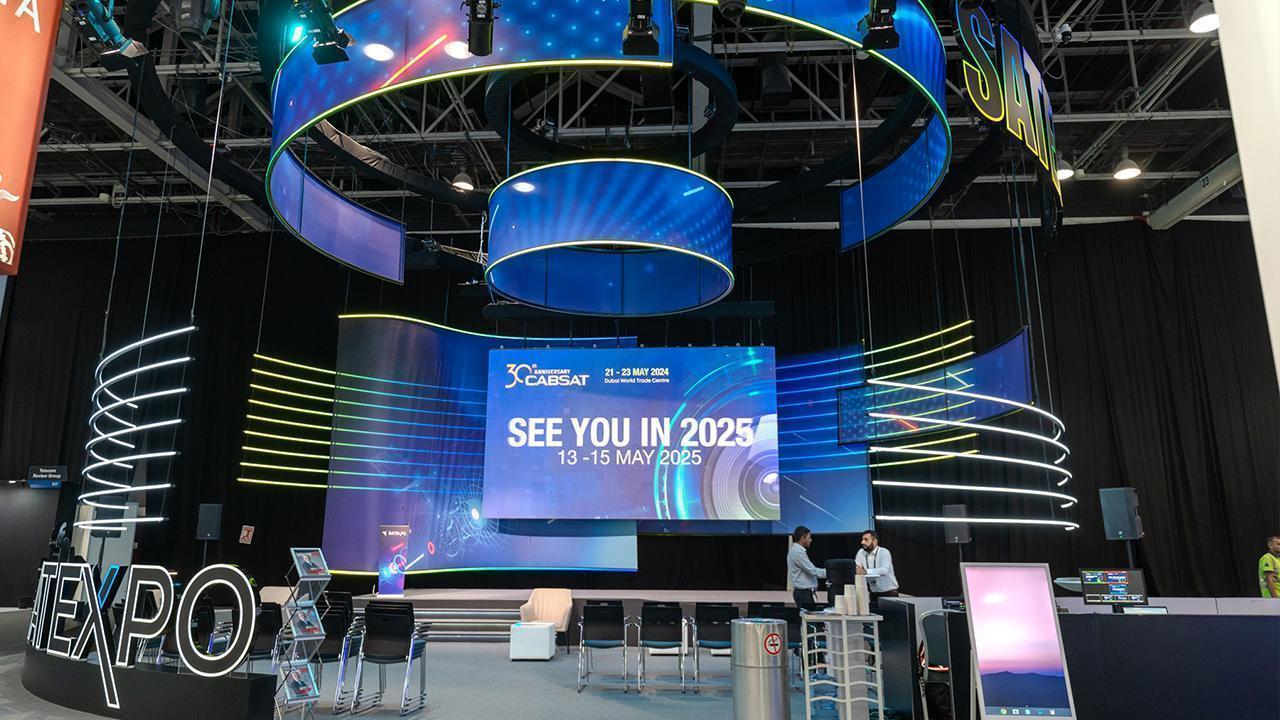



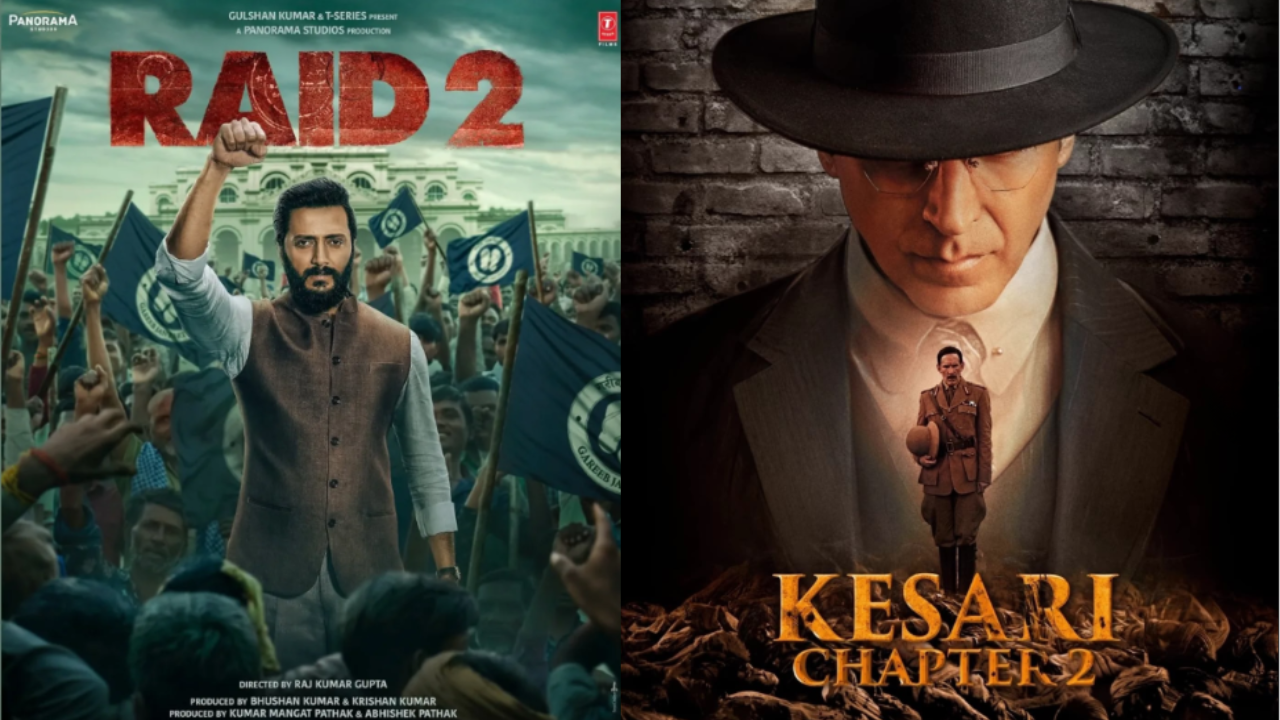




Rashid Al Obad Appointed Director General of Shams
Sheikh Sultan issues Emiri Decree appointing Rashid Al Obad as Director General of Sharjah Media Cit

Dubai’s Government Best Practices Series 2025 Highlights Innovation
The Government Best Practices Series 2025 in Dubai focused on government innovation, digital service

Dubai Hosts GenAI Masterclass for Future Family Leaders
Dubai Centre for Family Businesses held a GenAI masterclass to train 24 young leaders in using AI fo

ArtDomain by DXB News Network Opens to Strong Global Response — Applications Begin for A50 and The Art Guild.
ArtDomain by DXB News Network Opens to Strong Global Response — Applications Begin for A50 and The A
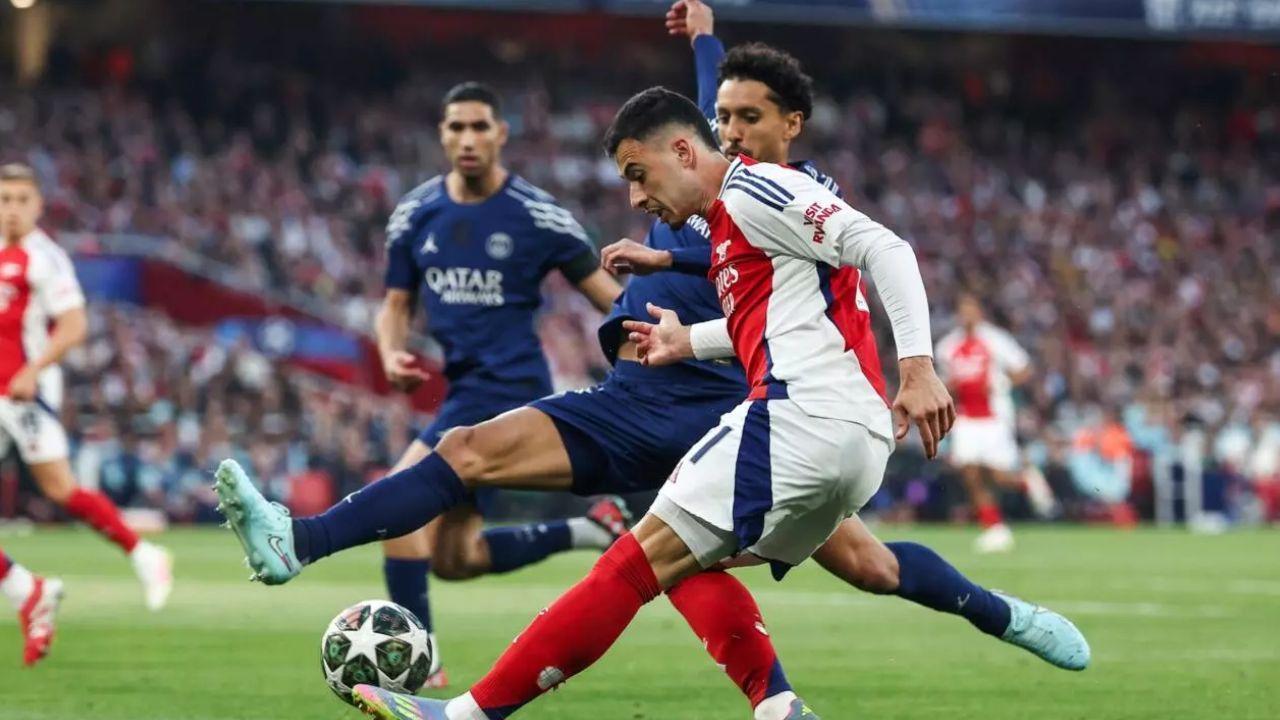
Dembele's Goal Gives PSG a 1-0 Win Over Arsenal in Semi-final
Ousmane Dembele scores early to give PSG a 1-0 win over Arsenal in their Champions League semi-final